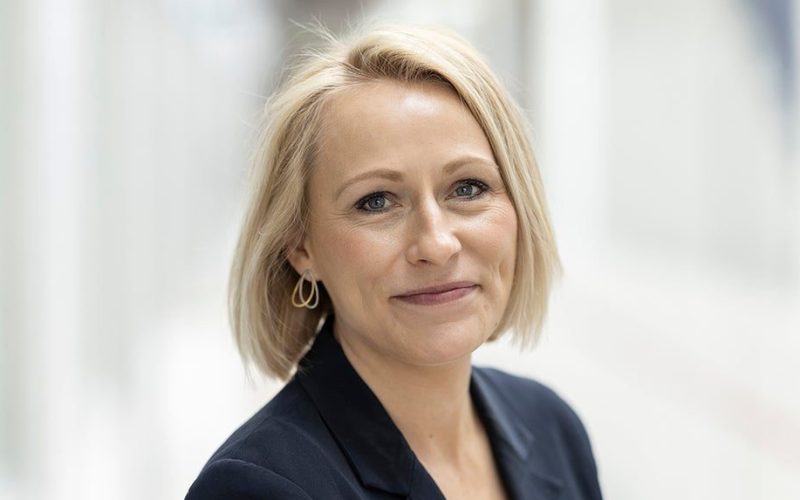Hester den Ruijter, professor of cardiovascular disease in women at UMC Utrecht, together with Mete Civilek (University of Virginia), has received a Leducq grant of 7.5 million euros from the Leducq foundation. The grant was awarded to the consortium for research on sex differences in arterial calcification. Hester is EU coordinator of this international network.
Cardiovascular disease causes 51% of deaths in women compared to 42% of deaths in men in Europe. Heart attacks are missed more often in women than in men. This is due to a knowledge gap in women with cardiovascular disease caused by the fact that few women have been studied in scientific research for many years. An important difference between women and men is that myocardial infarction in women is more often caused by stable plaques, while in men unstable plaques are more often the cause of myocardial infarction. Partners in the Leducq network have taken important steps to explain and understand these male-female differences in arterial calcification.
Den Ruijter: “We have seen important differences between women and men in how DNA is read in vessel wall tissue. Our Leducq partners have shown that sex hormones and chromosomes in women and men affect the severity of arterial calcification. It is especially interesting that we have discovered other mechanisms of vascular calcification in women. With this, we think we can take the next step toward a new therapy for women. This is only possible if we work together, and I am enormously pleased that we can work internationally and together over the next 5 years.”
Over the next 5 years, the AtheroGEN partners will use international large datasets to further research how genes behave in women. In addition, they are trying to unravel which genes may be important leads for new medications. The research not only looks at heart and blood vessels at the tissue level, but also at the cellular level and within cells. Den Ruijter: “We now know that the endothelium, the layer of cells on the inside of heart and blood vessels, plays an important role in the occurrence of heart attacks in women. Therefore, we are simultaneously working on a technique to protect sensitive endothelium in women. This project is an important step toward catching up with the knowledge gap on women with cardiovascular disease, and finding new targets for targeted treatment.”
The Leducq foundation is an international charitable organization that funds collaborative research in cardiovascular disease and stroke. By forging scientific alliances that cross national boundaries, they hope to promote innovation in cardiovascular and stroke research. For 2022, the Leducq Foundation has awarded Transatlantic Networks of Excellence Program grants to a total of four networks of researchers collaborating in the fields of cardiovascular and neurovascular disease.
The AtheroGEN Network consists of 7 partners and Hester den Ruijter is the EU coordinator of the international network. Other members are: Mete Civilek, University of Virginia (US)( US coordinator), Jeanette Erdmann, University of Lübeck (Germany), Karen Reue, University of California (US), Ulf Landmesser, Charité – Universitätsmedizin Berlin (Germany), Lola Eniola-Adefeso, University of Michigan (US) and Johan Björkegren, Karolinska Institutet (Sweden).
